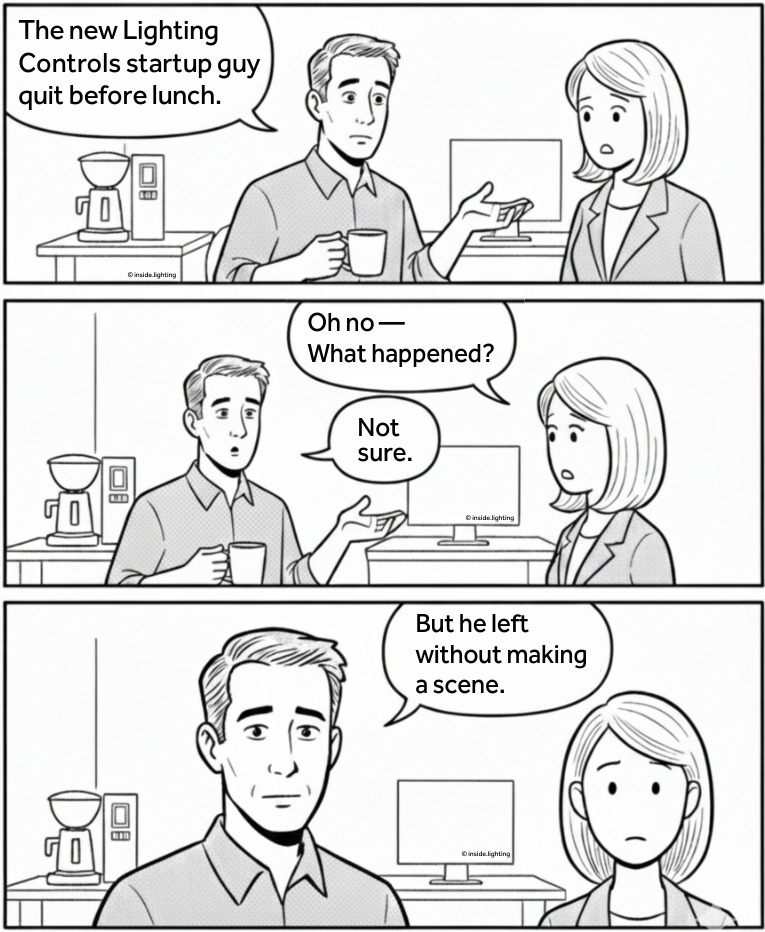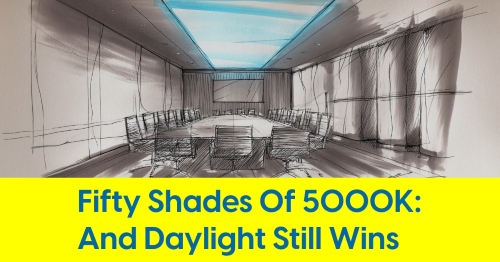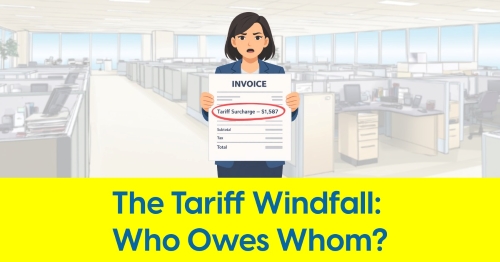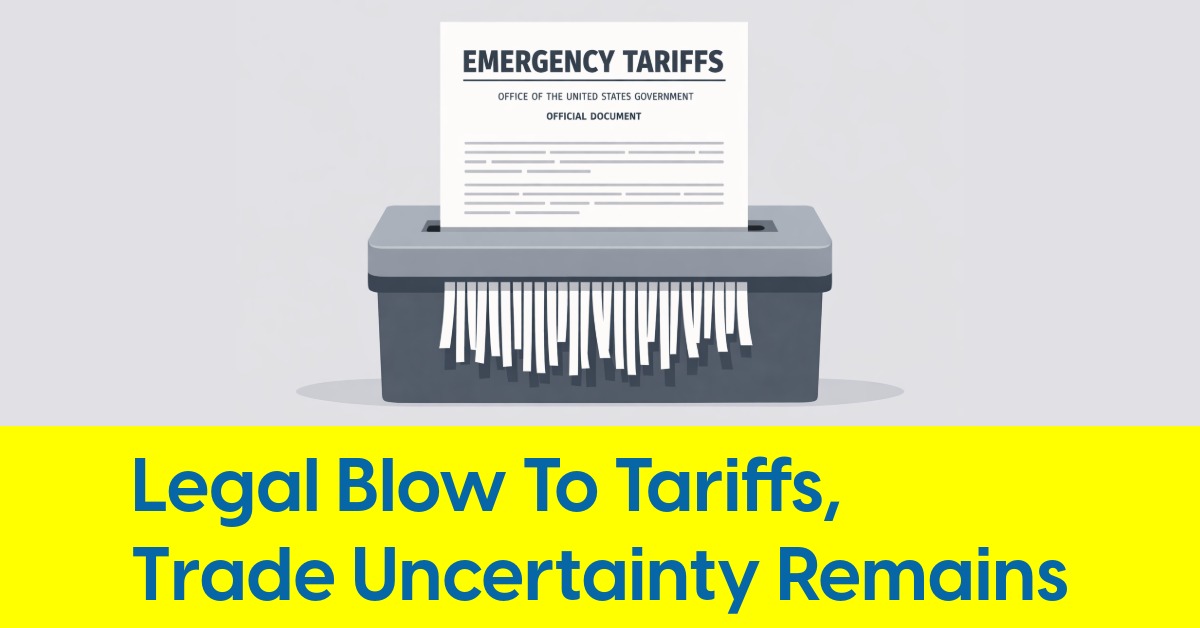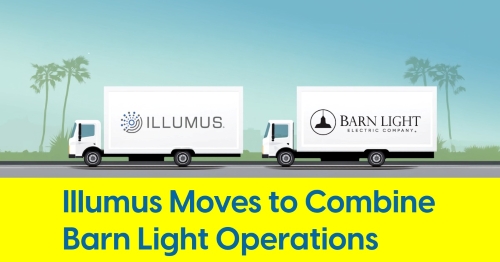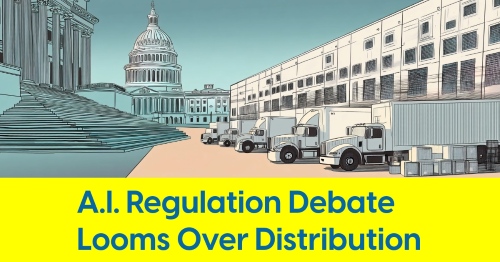November 12, 2025
$185M Verdict Stands in Case of Leaky Fluorescent Ballasts
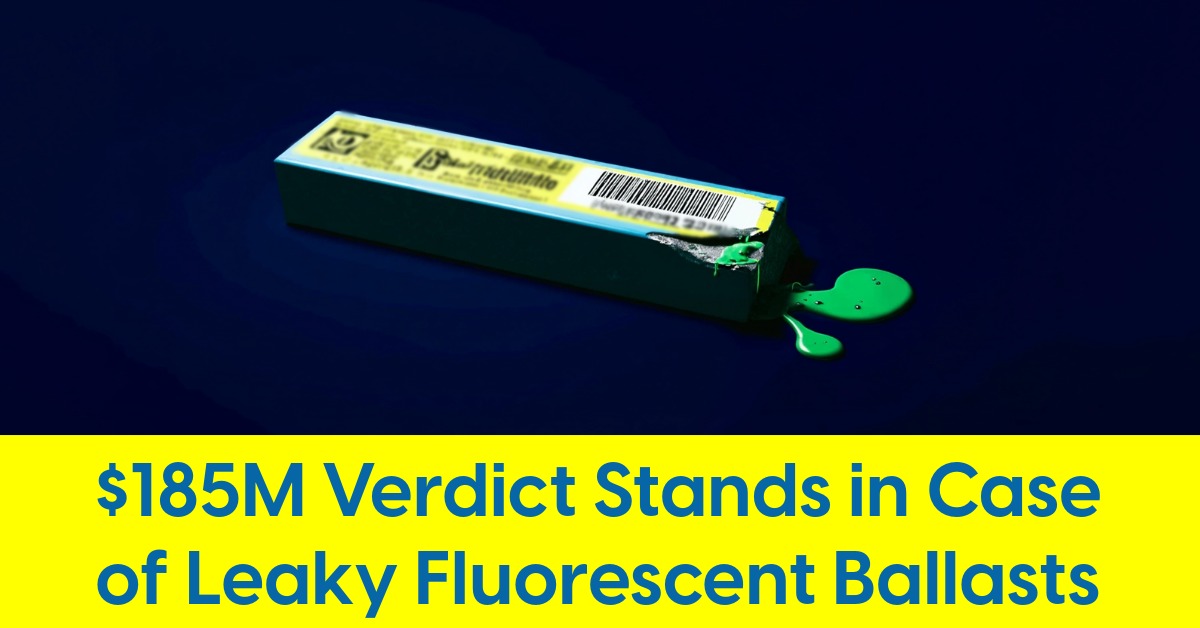
State Supreme Court ruling revives teachers’ claims of PCB exposure in classrooms
The Washington Supreme Court has reinstated a $185 million verdict against Bayer’s Monsanto unit, reviving a 2021 jury award for three teachers who said they were poisoned by polychlorinated biphenyls (PCBs) leaking from light fixtures at the Sky Valley Education Center in Monroe, Washington. The 6–3 decision reverses a 2023 appellate ruling that had thrown out the verdict and may shape the outcomes of at least eight additional PCB cases now on appeal.
The teachers — Kerry Erickson, Michelle Leahy, and Joyce Marquardt — alleged that fluorescent-light ballasts manufactured with Monsanto-made PCBs caused neurological and other health damage. Writing for the majority, Chief Justice Debra Stephens concluded that Missouri law, not Washington’s, governed punitive damages because “all relevant decisions concerning PCB design, the discovery of the dangers of PCBs, and the decision not to warn consumers were made in Missouri,” this according to the Associated Press. Under Missouri law, juries may award punitive damages — a remedy Washington’s product-liability statute forbids.
“When a party raises an actual conflict of substantive law, Washington courts apply the law of the state with the most significant relationship to that particular issue,” Stephens wrote, according to the Associated Press.
Three justices — Associate Chief Justice Charles Johnson and Justices Barbara Madsen and Sheryl Gordon McCloud — dissented, arguing that Washington’s 12-year statute of repose should have barred the claims. They wrote that “courts are not supposed to start their analysis with policy preferences when there’s a state statute right on point”
Bayer, which acquired Monsanto in 2018, said in a statement that it “believes the Court’s choice-of-law analyses underlying its rulings on punitive damages and the statute of repose are wrong and contrary to the U.S. Constitution because the rulings unlawfully discriminate against out-of-state companies doing business in Washington” The company is considering further legal options while defending eight other Sky Valley verdicts now on appeal.
Toxic Legacy in U.S. Schools
The ruling highlights a broader environmental crisis that has lingered for decades. PCBs were banned in 1979, but according to the Associated Press, millions of fluorescent-light ballasts and building materials still contain them. Former EPA regulator Tom Simons told the AP that the agency long recognized the danger: “We thought it was a no-brainer — these things are smoking and dripping, so let’s put this through.” Yet a proposed federal rule to remove PCB-containing ballasts was quashed in 2017.
A 2016 Harvard-linked study cited by the AP estimated that as many as 26,000 U.S. school buildings may still harbor PCB-contaminated caulk or fixtures, often in low-income districts least equipped to remediate them.
AP reports that plaintiffs’ attorney Nick Rowley called the decision “a monumental victory not just for these teachers, but for every community still suffering the consequences of Monsanto’s toxic legacy”.
Law.com reports that Bayer’s defeat in Washington could influence more than $1.6 billion in judgments currently pending on appeal. For public-school districts, the ruling revives a national conversation about long-ignored toxins overhead — and whether the cost of cleanup will again fall on those who can least afford it.
